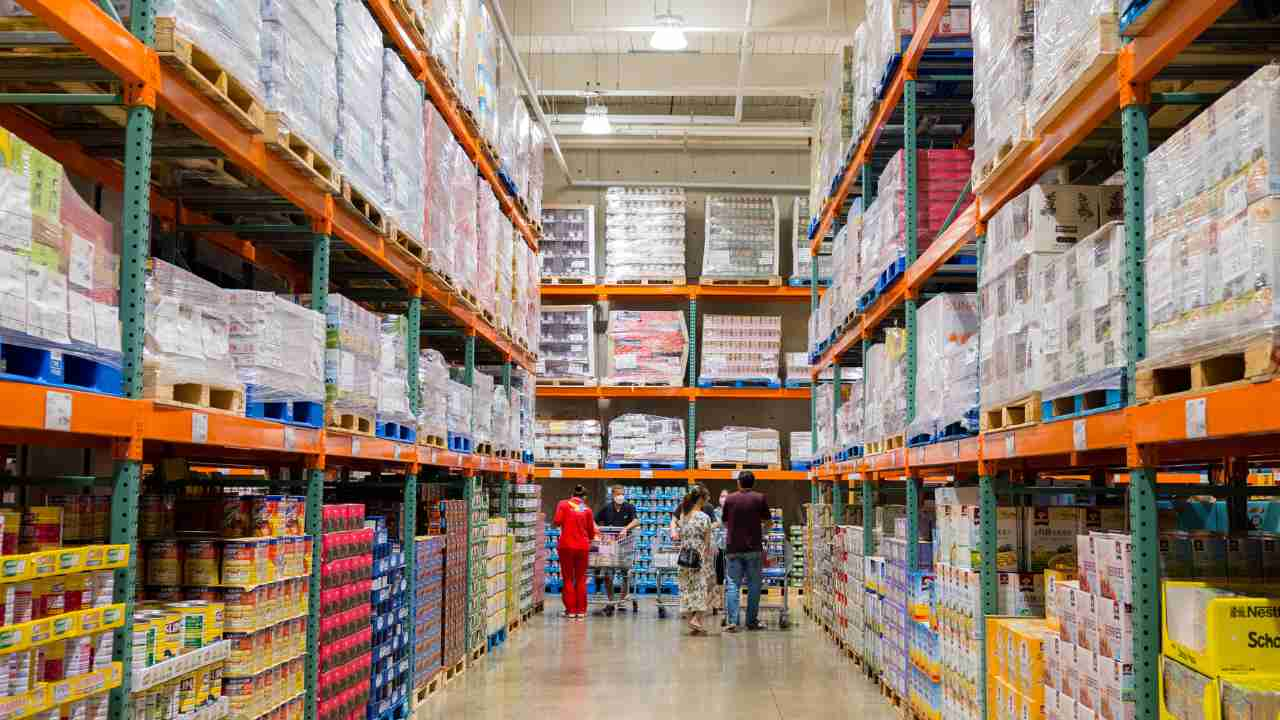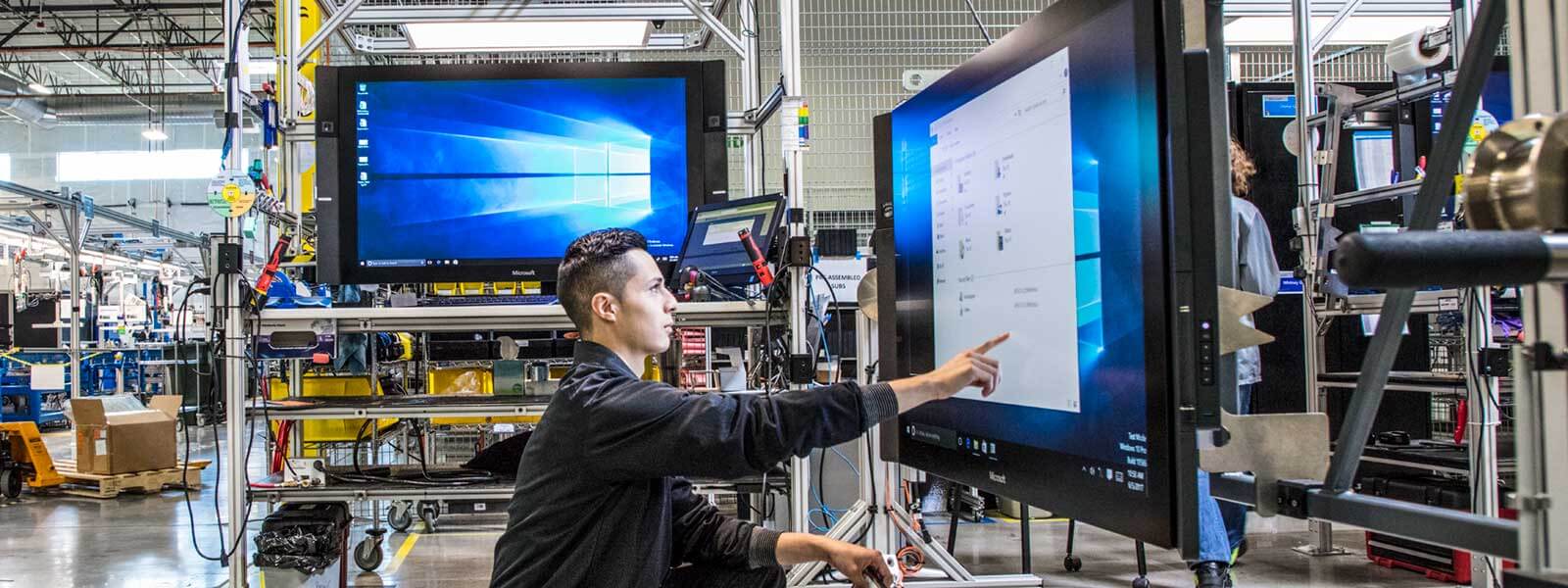- 1. Enhancing Efficiency with Automation
- 2. Revolutionizing Communication Channels
- 3. Unleashing the Power of Data Analytics
- 4. Elevating Customer Relations through E-Commerce
- 5. Supply Chain Optimization
- 6. Personalization through AI
- 7. Cybersecurity in Wholesale Operations
- 8. Sustainability in Wholesale Tech
In wholesale commerce, staying ahead of the curve is non-negotiable. Technological advancements have become the driving force, reshaping the landscape and revolutionizing how businesses operate. So, read on to explore the role technology plays in wholesale commerce, exploring its transformative impact on efficiency, communication, and more.
Enhancing Efficiency with Automation
Technology has ushered in an era of automation that has significantly streamlined wholesale operations. Automated systems, including inventory management and a comprehensive wholesale ordering platform, minimize human error, reduce labor costs, and accelerate workflows. By leveraging technology, you can ensure that your wholesale business operates with precision, optimizing resource allocation and maximizing productivity.
Revolutionizing Communication Channels
Communication lies at the heart of successful wholesale transactions. The integration of technology has birthed efficient communication channels that transcend geographical boundaries. Instant messaging, video conferencing, and collaborative platforms facilitate real-time interactions, fostering seamless communication between suppliers, distributors, and clients. These tools not only save time but also enhance the overall transparency and responsiveness of the wholesale process.
Unleashing the Power of Data Analytics
Technology empowers businesses with robust data analytics tools, offering insights into market trends, consumer behavior, and inventory management. Harnessing this data allows you to make strategic decisions, optimize stock levels, and adapt to market fluctuations, ultimately positioning your wholesale enterprise for sustained success.
Strategic Decision-Making
Data analytics provides a wealth of information on market trends and consumer behavior, enabling you to make informed and strategic decisions. By analyzing data patterns, you can identify emerging market opportunities, assess the performance of different product lines, and align your business strategies with the dynamic demands of the market.
Optimizing Stock Levels
Leveraging data analytics in inventory management is a game-changer for wholesalers. Accurate demand forecasting based on historical data and market trends allows you to optimize stock levels. This prevents overstocking or stockouts, reducing carrying costs and ensuring that you have the right products available at the right time to meet customer demand.
Adapting to Market Fluctuations
In the volatile landscape of wholesale commerce, the ability to adapt swiftly to market fluctuations is crucial. Data analytics not only helps in identifying these fluctuations but also provides insights into the factors driving them.
Elevating Customer Relations through E-Commerce
The digital age has witnessed a paradigm shift in how wholesalers connect with their customers. E-commerce platforms provide a user-friendly interface for clients to browse products, place orders, and track shipments effortlessly. This not only enhances the customer experience but also opens up new avenues for personalized engagement. Utilizing technology to build a robust online presence enables wholesalers to stay competitive and responsive to the evolving needs of their clientele.
Supply Chain Optimization
One of the most profound impacts of technology in wholesale commerce is its ability to optimize the entire supply chain. Advanced tracking systems, powered by technologies like RFID and IoT, provide real-time visibility into the movement of goods. This not only enhances inventory management but also minimizes the risk of disruptions. With precise insights into the supply chain, you can identify bottlenecks, reduce lead times, and ensure a seamless flow of products from manufacturers to end consumers.
Personalization through AI
Artificial Intelligence (AI) is redefining how wholesalers interact with their clients on a personalized level. AI algorithms analyze customer data, purchasing history, and preferences to offer tailored product recommendations. This level of personalization not only enhances customer satisfaction but also contributes to upselling and cross-selling opportunities.
Analyzing Customer Data
AI algorithms delve into vast datasets, analyzing customer data with precision. This includes not only purchasing history but also preferences, browsing behavior, and interactions with your platform. This deep analysis provides a nuanced understanding of each client, allowing you to tailor your offerings to their specific needs and preferences.
Enhancing Customer Satisfaction
The personalized experience facilitated by AI contributes significantly to customer satisfaction. When clients feel that their needs are understood and catered to, it creates a positive and lasting impression. Personalized recommendations and tailored interactions show that your wholesale business values its clients, fostering loyalty and long-term relationships.
Upselling and Cross-Selling Opportunities
By identifying patterns in customer behavior, AI can suggest complementary products or upgrades, opening avenues for upselling and cross-selling. This not only boosts revenue but also enhances the value proposition for clients by introducing them to products they may not have considered otherwise.
Cybersecurity in Wholesale Operations
As technology becomes more ingrained in wholesale commerce, the importance of robust cybersecurity measures cannot be overstated. With sensitive data flowing through digital channels, protecting against cyber threats is imperative.
Implementing encryption, secure payment gateways, and regularly updating cybersecurity protocols are essential to safeguarding your business and customer information. Investing in cybersecurity not only protects your assets but also builds trust with clients, assuring them that their data is handled with the utmost care.
Sustainability in Wholesale Tech
Cloud computing, for instance, enables businesses to reduce their physical infrastructure, cutting down on energy consumption. Additionally, technology aids in creating more efficient transportation routes, reducing carbon footprints in the supply chain. By incorporating sustainable practices facilitated by technology, wholesalers can align their operations with global efforts towards environmental responsibility.
Reducing Physical Infrastructure with Cloud Computing
Cloud computing allows wholesalers to move away from extensive physical infrastructure. Storing data and running applications in the cloud not only streamlines operations but also significantly reduces the need for on-site servers and hardware. This transition to the cloud translates to lower energy consumption, contributing to a more sustainable and eco-friendly business model.
Optimizing Transportation Routes for Reduced Carbon Footprint
Technology plays a crucial role in optimizing transportation routes, thereby minimizing the carbon footprint in the supply chain. Advanced logistics and route optimization algorithms help wholesalers plan efficient delivery routes, reducing fuel consumption and emissions. By embracing technology-driven solutions for transportation, wholesalers can actively contribute to environmental conservation while also potentially lowering operational costs.
From optimizing supply chains to personalizing customer interactions through AI, securing operations with robust cybersecurity measures, and fostering sustainability, the impact of technology is multifaceted.
As you navigate the complexities of the wholesale industry, a strategic embrace of these technological advancements will not only future-proof your business but also position it as a dynamic and responsive player in the competitive global market. Embrace the transformative power of technology, and watch your wholesale enterprise thrive in the digital age.







